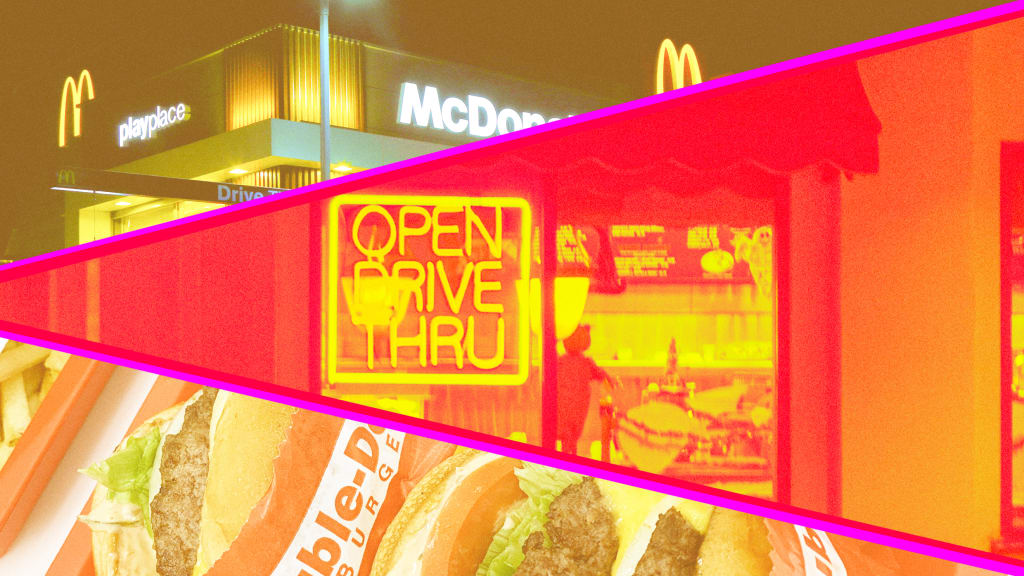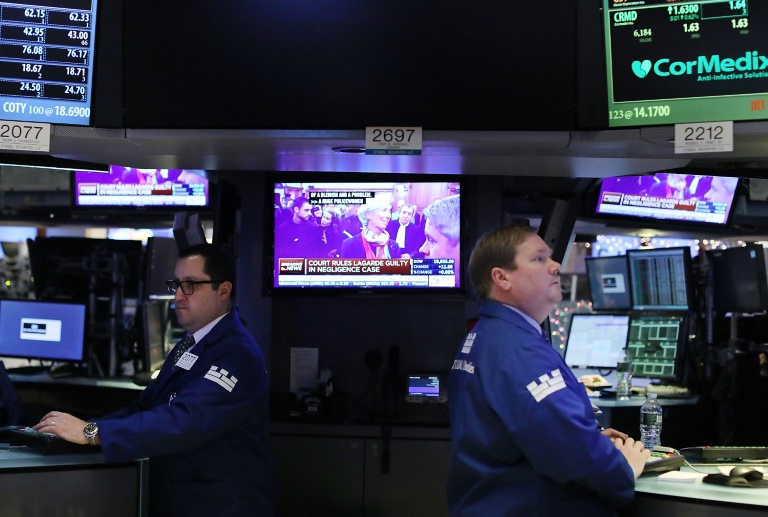Laura Reyes was in the middle of her shift as a cook at Burger King in San Jose, when she started feeling a sharp pain in her abdomen and lower back. As the day went on, Reyes started bleeding, and the pain became so severe that she felt like she might die. She had asked more than once if she could leave work, but her managers would not allow it. “I was really worried,” she told Fast Company through a translator. “In that moment, I didn’t know I was pregnant.”
Reyes later found out that it was actually an ectopic pregnancy, which can be life-threatening if untreated. After taking five weeks off for medical treatment, Reyes had made a full recovery and returned to work—only to find that her hours had been cut without explanation. Her hours were eventually restored after Reyes and other workers went on strike.
In 2023, years of worker activism and protests led to the adoption of a historic new law in California that was intended to secure higher pay for fast food workers like Reyes, whose livelihoods are often shaped by the whims of managers and corporate leaders. When the law took effect this month, the hourly minimum wage was boosted to $20 for half a million workers at fast food restaurants in the state—a significant increase from the previous pay floor of $16 an hour.
But the law has faced ongoing resistance from fast food chains and franchise owners, despite economic studies that indicate minimum wage increases don’t lead to major job losses. (Some studies have found that a higher minimum wage can lead to reduced hours and other fluctuations, though economists claim that workers would still see a net benefit.) Many franchise owners have raised their prices, and some are doubling down on automated services that are already common at fast food restaurants; others claim they can only afford to pay the minimum wage if they scale back workers’ hours or trim headcount.







